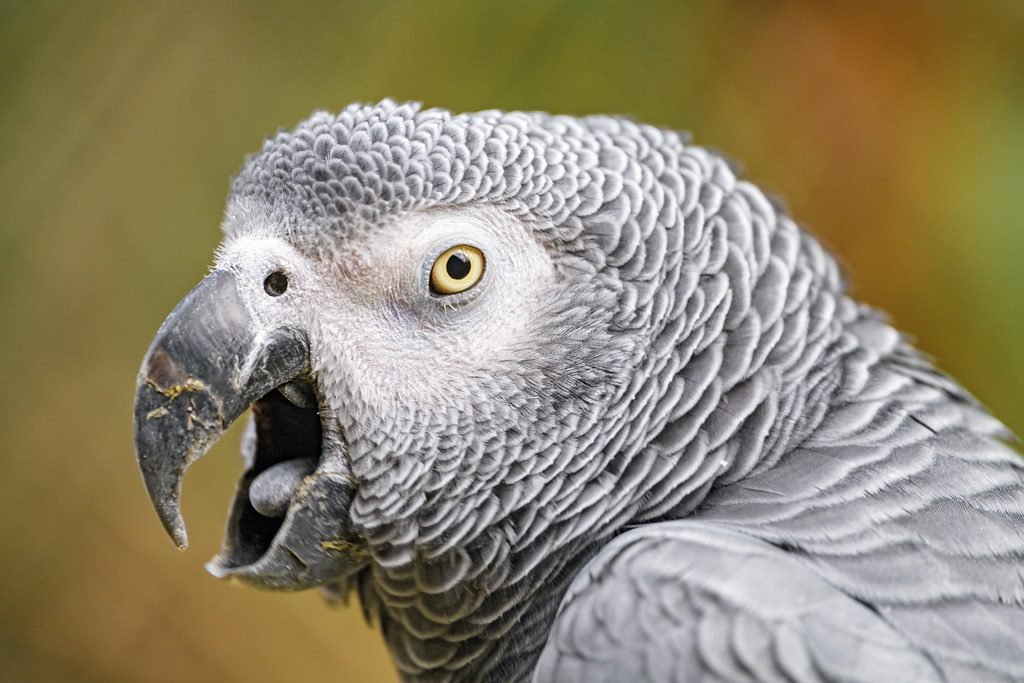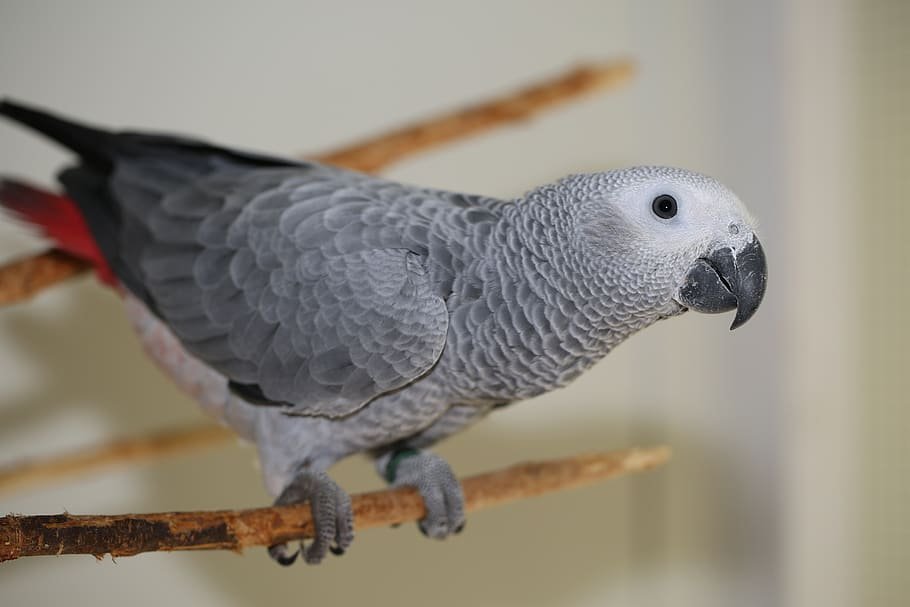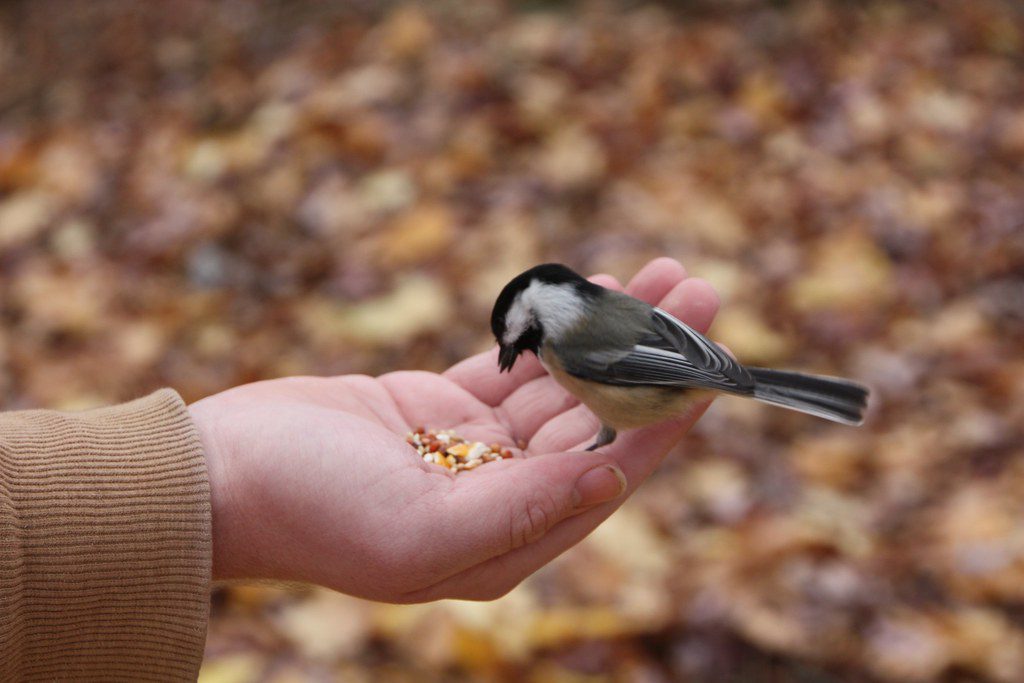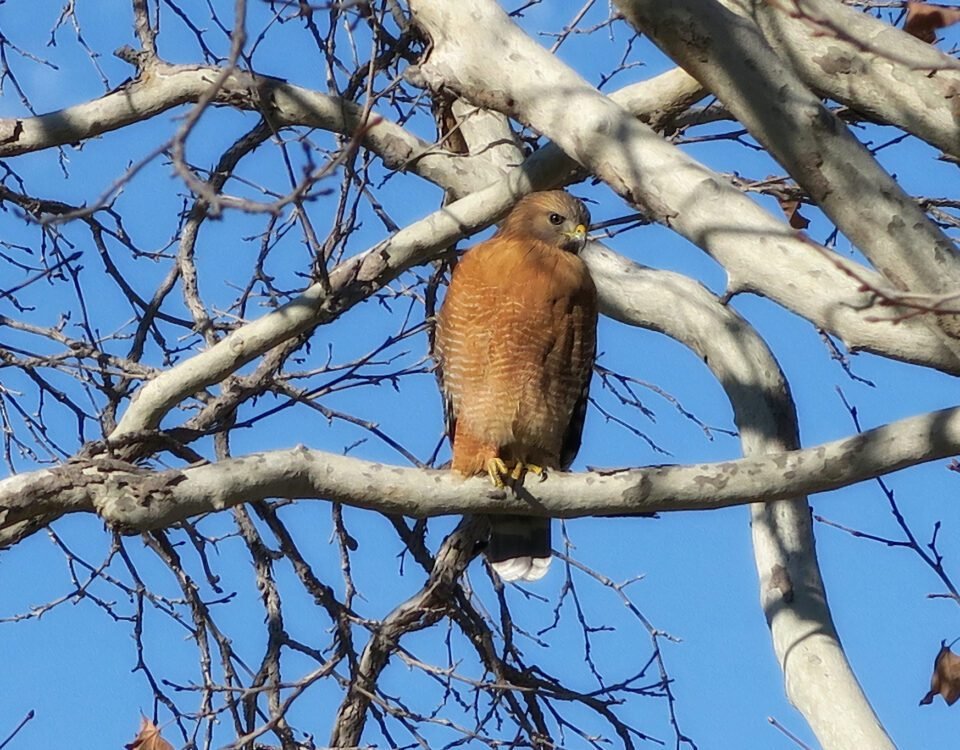


Learn If Your Birds Can Eat Lettuce: Latest Guide
September 29, 2023


Can Birds Eat Walnuts? – Dietary Guidelines and Tips
September 29, 2023Having a bird as a pet is truly rewarding, but it can become challenging when your avian companion takes up excessive screaming.
Whether it disrupts your sleep or leads to grudges from neighbors, a constantly screaming bird can be pretty distressing. It’s essential to understand that while birds vocalize for various reasons, not all might be apparent. Fortunately, there are strategies to stop excessive vocalization, whether you own a cockatiel, budgie, or any other vocal bird.
Also Learn: Do Birds Like Music? Different Bird Species Analyzed
Why Won’t My Bird Stop Screaming?
Birds often vocalize when they feel scared, bored, isolated, anxious, or unwell. Household activities such as loud conversations, vacuuming, phone chats, or playing tunes can trigger their vocal responses. They might perceive these moments as opportunities to make noises in response, showing natural flock behavior.
Some Noises Are Normal
Birds are naturally vocal creatures. In the wild, they must intensify their calls to connect with their flock over vast distances.
- Certain bird species mark the beginning and end of the day with exuberant songs or calls, a behavior also observed in pet birds.
- Many species, whether in their natural habitats or within homes, can produce powerful, echoing calls several times a day, sometimes lasting up to 20 minutes.
- In the wilderness, birds vocalize to alert the flock of imminent threats like predators. Similarly, a pet bird will sing loudly if it senses danger.
- When birds get separated from their flock, they emit calls, waiting for a response to guide them back. This behavior resembles a parrot making intermittent noises, asking, “Is anyone there?”
Such vocal behaviors are typical means of communication. However, it’s concerning if a bird screams repetitively for extended durations. Such behavior indicates an unhappy bird and likely unsettled household members.


What Are The Causes Of Excessive Bird Screaming?
Though normal, excessive screaming can be a problem in your pet bird. Let’s explore the primary causes behind this behavior.
1. Attention Seeking
Birds, especially parrots, are intelligent and social creatures. They might resort to loud vocalizations if they feel neglected or want attention. Owners unintentionally reinforce this behavior by reacting to their screams, teaching the bird that screaming gets them attention.


African Grey Parrot
2. Boredom
A lack of stimulation, whether mental or physical, can lead to excessive screaming. Birds need activities, toys, and interaction to stay engaged. Without these, they may vocalize out of sheer boredom.


3. Loneliness
Birds are flock animals, and isolation can be challenging for them. If left alone for extended periods, they might scream to express their loneliness or call out for potential companions.


4. Fear or Distress
Unexpected environmental changes, sudden movements, or the sight of potential threats can make birds vocalize out of fear. If something in their surroundings is causing them distress, they’ll likely communicate this through loud calls.
5. Illness or Pain
Just as humans vocalize when in discomfort or pain, birds might scream excessively if they’re unwell. It’s a way to indicate something is wrong, primarily if no visible symptoms exist.
6. Mating Calls
At certain times of the year, birds get hormonal and may vocalize more as part of their mating behavior. This can especially be true for birds reaching sexual maturity or during specific breeding seasons.
7. Mimicking Behavior
Birds, particularly parrots, are excellent mimics. If they hear certain loud noises regularly, like alarms, other pets, or even shouting, they might start replicating these sounds, thinking it’s a usual way to communicate.
8. Habitual Behavior
Sometimes, even after addressing the initial cause of the screaming, birds might continue the behavior out of habit. It’s essential to be patient and consistent in redirecting this behavior to ensure it doesn’t become ingrained.
Editor’s Pick: How to Actually Become a Bird Breeder: A-Z Guide
How to Avoid Making Your Bird Screaming Worse?
Many bird owners unknowingly respond to their vocalizations by reacting to the screams. It’s crucial to understand that the bird views any reaction as a reinforcement of its behavior.


Whether you attempt to soothe the bird or shout in frustration, the bird perceives both as forms of attention. Even responding in a soft whisper can be counterproductive.
The underlying principle is straightforward – when a bird senses that screaming gains attention from its owner, it will use this tactic repeatedly to seek engagement.
Recommended Reading: Are Birds Omnivores? A Look at Different Species
How Can You Prevent Your Bird From Screaming?
Keep in mind that occasional screaming is a natural behavior for parrots. Your objective shouldn’t be to silence their vocalizations completely but rather to moderate the intensity to an acceptable level. Achieving this will demand gentle determination and patience in approach from all household members.
Actions to Avoid
Before we delve into how to curb a bird’s excessive screaming, it’s crucial to highlight the practices you should avoid. Incorrect interventions can exacerbate the issue.
1. Physical Punishment
Under no circumstances should you resort to physical aggression, such as hitting your bird, even if it’s in response to loud vocalizations. Birds don’t understand the notion of punitive measures, so they won’t link the action with their screaming.


Inflicting physical harm can increase their distress, leading to more screaming. Birds are delicate, physically and emotionally creatures; aggressive actions can harm them and adversely affect their psyche, potentially leading to aggression or other behavioral issues. Preserve the bond of trust with your parrot by abstaining from physical punishment.
2. Over-Reacting
As previously mentioned, excessive reactions can increase the problem. Refrain from constantly responding or approaching your bird every time it vocalizes. It’s essential to distinguish between regular, instinctual calls and attention-seeking screams. If there isn’t a genuine reason for the screaming, it’s often best to ignore it.
3. Cage Disturbance
Avoid aggressive actions like shaking or rattling the bird’s cage. Parrots are territorial by nature and deeply associated with their living space. Disrupting this environment can instigate aggressive behavior and elevate their stress levels.


Bird in Cage Alone
4. Ineffective Timeouts
Some bird owners employ the tactic of a timeout cage — a smaller enclosure placed in a quiet, less stimulating area — as a disciplinary measure. The idea is to give the bird a duller environment devoid of its main cage’s comforts.
However, when addressing screaming, this method can be counterproductive. If you lift your bird and place it in the timeout cage immediately after it screams, it might misunderstand the act as attention, reinforcing the screaming behavior.
Effective Strategies to Address Bird Screaming
Addressing a bird’s screaming often depends on understanding the underlying cause. Below are some proven methods to manage and mitigate excessive vocalizations:
1. Maintain Calm and Detachment
It’s crucial to stay composed and not surrender to your bird when it begins to scream. Unless there’s a genuine need that you must address, practice patience and overlook the noise until it subsides.


2. Constructive Timeout
While a designated timeout cage may not always be the answer, other timeout techniques can be beneficial. Consider draping a cloth over the cage temporarily to create a calm atmosphere. If you’re present when the screaming starts, give a brief acknowledging glance, then deliberately turn away.
Your goal is to reinforce the bird’s quiet moments with attention. If you’re outside the room during a vocal episode, wait for moments of acceptable sounds like chirping or whistling before reentering and offering a reward.
3. Channeling Undesirable Behavior
It’s helpful to divert negative behavior into positive outlets. If your bird’s vocalizations stem from boredom, engage it with toys and companionship or teach it foraging techniques. Foraging can captivate birds for extended durations.
4. Recognizing the Causes
Unravel the causes behind the screaming. Is there a particular person that instigates the vocalizations? Does separation anxiety play a role? Pinpointing the root causes can guide targeted interventions.


5. Embracing Incompatible Behaviors
Introduce actions that counteract the undesired screaming. A classic example is that a bird can’t simultaneously whisper and scream. Encourage behaviors like whispering with positive reinforcements so they become the bird’s go-to response.
6. Train Your Bird with Speech
One enjoyable and effective solution is teaching your bird to speak. Parrots, in particular, have an affinity for mimicking human speech. Spend quality time teaching phrases or words; with consistent reinforcement, your bird might prefer talking over screaming.
Conclusion
Each bird is unique, so it might take some experimentation to find the best strategies for your situation. But with persistence and a loving approach, a harmonious environment is achievable.




